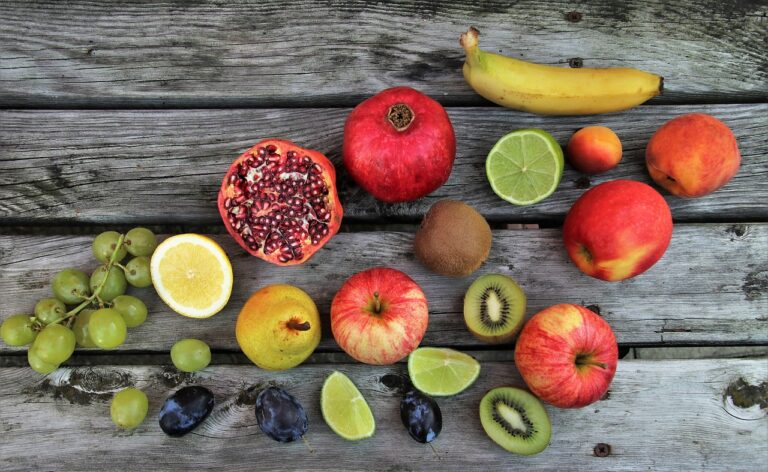Trends in Organic Produce Market Growth: 11 x play login, India24bet, Skyfairs signup
11 x play login, india24bet, Skyfairs Signup: The organic produce market has seen significant growth in recent years, driven by increasing consumer awareness of the benefits of organic food and a growing demand for healthier, more sustainable products. According to recent market research, the global organic food market is expected to reach $323 billion by 2027, with the organic produce segment accounting for a significant portion of that growth.
Here are some key trends driving the growth of the organic produce market:
1. Increasing consumer demand for organic products
Consumers are becoming more conscious of the food they eat and are increasingly interested in purchasing organic produce. This is fueled by concerns about food safety, environmental sustainability, and personal health. As a result, retailers and grocery stores are expanding their organic produce offerings to meet this growing demand.
2. Shift towards organic farming practices
Organic farming practices focus on sustainability and environmental stewardship, avoiding the use of synthetic pesticides, herbicides, and fertilizers. This trend is driven by a desire to reduce chemical exposure in food production and protect the environment. As more farmers transition to organic farming methods, the supply of organic produce is increasing, further fueling market growth.
3. Growth of online organic produce sales
The rise of e-commerce has transformed the way consumers shop for groceries, including organic produce. Online retailers and meal kit delivery services are making it easier for consumers to access organic produce and have it delivered directly to their doorstep. This convenience factor is driving growth in the online organic produce market.
4. Expansion of organic options in mainstream retailers
Major grocery chains and retailers are expanding their organic produce offerings to cater to the growing demand from consumers. This trend is making organic produce more accessible and affordable, attracting a wider customer base who may not have previously considered buying organic.
5. Increased consumer awareness of health benefits
Organic produce is perceived as being healthier and more nutritious than conventional produce due to the absence of synthetic chemicals. Consumers are increasingly aware of the health benefits of organic food, including higher levels of antioxidants and vitamins. This awareness is driving the demand for organic produce and contributing to market growth.
6. Demand for locally grown organic produce
Consumers are also showing a preference for locally grown organic produce, as it supports local farmers and reduces the carbon footprint associated with transporting food long distances. Farmers markets and community-supported agriculture (CSA) programs are gaining popularity as consumers seek out fresh, locally sourced organic produce.
7. Emphasis on sustainability and environmental impact
The organic produce market is closely tied to sustainability and environmental protection. Organic farming practices promote soil health, biodiversity, and water conservation, making them more environmentally friendly than conventional agriculture. Consumers are increasingly conscious of the environmental impact of their food choices and are choosing organic produce as a more sustainable option.
FAQs:
Q: Is organic produce more expensive than conventional produce?
A: Yes, organic produce typically carries a higher price tag than conventional produce due to the costs associated with organic farming practices and certification. However, prices may vary depending on the type of produce and where it is purchased.
Q: Are there any health benefits to eating organic produce?
A: Organic produce is grown without synthetic pesticides, herbicides, and fertilizers, which may reduce chemical exposure in food. Some studies suggest that organic produce may contain higher levels of antioxidants and vitamins compared to conventional produce.
Q: How can I tell if produce is organic?
A: Organic produce is typically labeled with a USDA Organic seal, certifying that it has been grown and processed according to organic standards. You can also look for the PLU code on the produce sticker organic produce codes start with the number 9.
In conclusion, the organic produce market is experiencing significant growth driven by consumer demand for healthier, more sustainable food options. As awareness of the benefits of organic produce continues to grow, the market is expected to expand even further in the coming years. With a focus on sustainability, health, and convenience, organic produce is poised to become a staple in the diets of a growing number of consumers.







